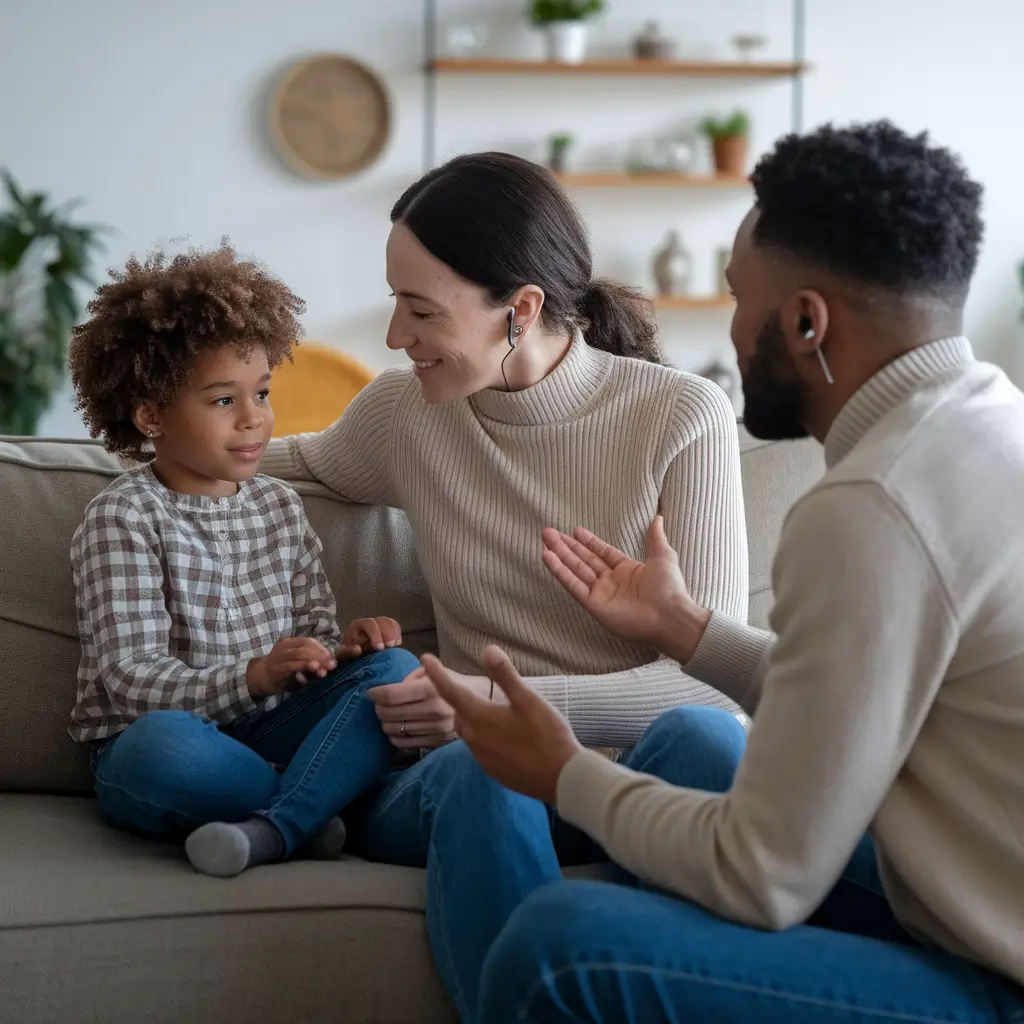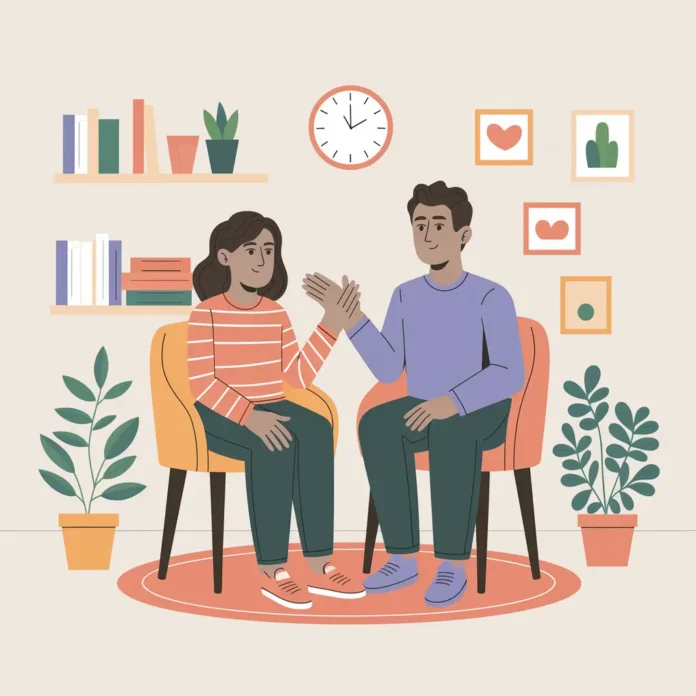Parenting in youth treatment is a foundational component that deeply influences the emotional and behavioral outcomes of adolescents undergoing professional help. As teens face complex psychological, emotional, and developmental challenges, involving parents in their treatment can significantly enhance recovery, connection, and long-term resilience. This comprehensive guide explores how parenting plays a transformative role in youth treatment, outlining mechanisms, benefits, applications, and solutions to common barriers.
Understanding Parenting in Youth Treatment
Parenting in youth treatment refers to the intentional involvement of parents in therapeutic interventions tailored for adolescents. The goal is to build a supportive environment that addresses behavioral, emotional, and psychological challenges. Unlike treatments that focus solely on the child, this approach recognizes the family unit as an essential component of healing.
Mechanisms Behind Parenting in Youth Treatment
Several well-established programs and models utilize structured parenting involvement as an integral therapeutic component. These include:
Parent Management Training (PMT)
PMT focuses on equipping parents with techniques to discourage negative behavior and promote positive changes. It uses behavioral principles to reduce aggression, defiance, and other disruptive tendencies in children. Through role-playing and consistent feedback, parents learn to implement reinforcement strategies effectively.
Triple P – Positive Parenting Program
This tiered program guides parents through simple lifestyle changes to in-depth skill-building, depending on the family’s needs. It targets emotional regulation, conflict resolution, and early identification of behavioral problems.
Parent–Child Interaction Therapy (PCIT)
PCIT sessions involve live coaching through an earpiece while the parent interacts with the child. The therapist provides real-time guidance aimed at enhancing warmth, authority, and effective discipline.

It especially benefits families dealing with trauma, ADHD, or oppositional behavior.
Multisystemic Therapy (MST)
MST is a comprehensive approach that not only involves parents but also school personnel, peers, and community programs. The focus remains on changing the environmental influences around the adolescent, making behaviors more manageable and predictable across contexts.
Core Concepts Reshaping Parenting in Youth Treatment
- Attachment-building: Establishing secure bonds through nurturing, trust, and emotional availability.
- Behavioral modeling: Teaching parents to be role models in communication and coping mechanisms.
- Consistency and follow-through: Reinforcement of routines and expectations to reduce emotional volatility.
- Parental self-care: Emphasizing emotional regulation in parents to avoid mirroring negative emotions.
Benefits of Parenting in Youth Treatment
- Improved Outcomes: Programs like PMT and PCIT show significant improvements in adolescent behavior and parent satisfaction.
- Family Unity: Opens pathways for better communication, reducing instances of rebellion and misunderstandings.
- Personal Growth for Parents: Parents become more confident and responsive instead of reactive.
- Early Intervention: Spotting behavioral red flags sooner through sustained parental involvement.
Challenges in Implementing Parenting in Youth Treatment
Despite strong evidence supporting parenting involvement, various challenges hinder optimal participation:
- Parental Resistance: Stigma, denial, or fatigue can make parents hesitate to commit to long-term interventions.
- Time Constraints: Many caretakers manage jobs and other children, making it difficult to attend sessions regularly.
- Economic Barriers: Comprehensive treatment often involves costs that not all families can afford.
- Cultural Misalignment: Traditional or non-Western families may not resonate with standard treatment ideologies.
Real-World Applications of Parenting in Youth Treatment
Community-Based Programs
Parenting programs integrated into schools, community centers, and health clinics have shown increased participation rates and better access for marginalized families.
Home-Based Interventions
PCIT and Triple P models are increasingly delivered at home to ease transportation and childcare burdens on families.
Tech-Assisted Modules
Online modules such as Parenting Wisely allow families to take advantage of flexible timelines while maintaining access to expert guidance and tested methodologies.
Emerging Trends in Parenting in Youth Treatment
- Emotion-Based Parenting Models: Target acknowledgment of both child and parent emotions, enhancing therapeutic empathy and connection.
- Gamified Learning: Interactive platforms using games and simulations to teach behavior strategies.
- Telehealth Expansion: A necessary outcome of global health crises, allowing programs to reach families at scale.
Technical Recommendations for Successful Implementation
- Qualified Facilitators: Ensure providers are trained and experienced in working with both children and adults.
- Continual Assessment: Program success must be measured regularly with clear metrics and feedback loops.
- Customization: Tailor interventions to cultural backgrounds, language needs, and family dynamics.
Comparing Parenting in Youth Treatment with Alternative Approaches
| Approach | Focus | Outcome |
|---|---|---|
| Parenting-Based | Family unit and parent-child dynamics | Long-term behavioral and relationship improvements |
| Individual Therapy | Adolescent’s inner world | Helpful for personal growth, but risk of family relapse |
| Medication | Neurochemical symptoms | Temporary control; lacks behavioral correction |
Future Directions for Parenting in Youth Treatment
- Cross-System Integration: Coordinating care between schools, social workers, and clinics for holistic support.
- Mobile Apps for Check-Ins: Creating daily trackers for parenting practices and child mood and behavior.
- Global Adaptability: Translating successful programs into multiple cultural contexts for broader adoption.
Common Mistakes in Parenting Approaches and Their Solutions
- Over-discipline: Solution – Emphasize connection before correction.
- Inconsistency: Solution – Establish and stick to routines with mutual agreements.
- Lack of follow-through: Solution – Use visual aids and reminders to reinforce completed behaviors.
Actionable Takeaways for Parents and Practitioners
- Schedule regular family therapy check-ins.
- Track behavior changes using journals or mobile tools.
- Access community-based resources for parenting education.
- Collaborate with schools and youth programs for unified strategies.
FAQs About Parenting in Youth Treatment
Why is parenting important in youth treatment?
Parenting provides emotional stability and role modeling, crucial for adolescents undergoing psychological or behavioral therapy.
Can parenting interventions replace therapy?
No, but they greatly enhance therapy outcomes by involving the family system in healing and development.
What if a parent can’t participate?
Alternative caregivers, such as grandparents or guardians, can be involved. Flexible models like online sessions can also help increase participation.
How do I find a parenting program that fits my family?
Start by consulting your child’s therapist or a family counselor. Community centers and pediatricians can also refer appropriate resources.
Conclusion: Elevating Parenting in Youth Treatment
Parenting in youth treatment isn’t just a tool — it’s a cornerstone of successful intervention. By actively involving parents or caregivers in an adolescent’s therapy, we reinforce the healing process and cultivate long-term emotional wellness. Programs that focus on family systems empower not just the youth but the entire household. As the field continues to evolve, recognizing and prioritizing this critical aspect will lead to more holistic, sustainable outcomes for adolescent mental health.



